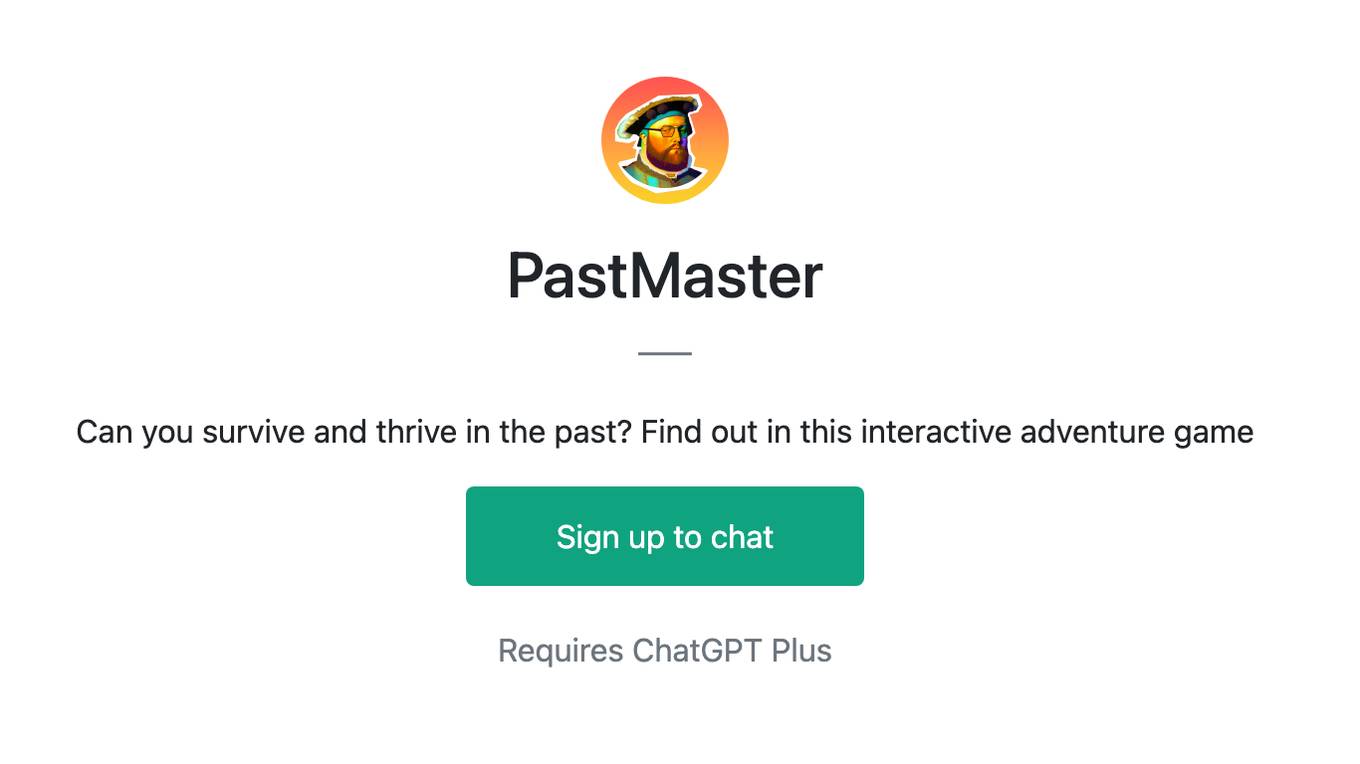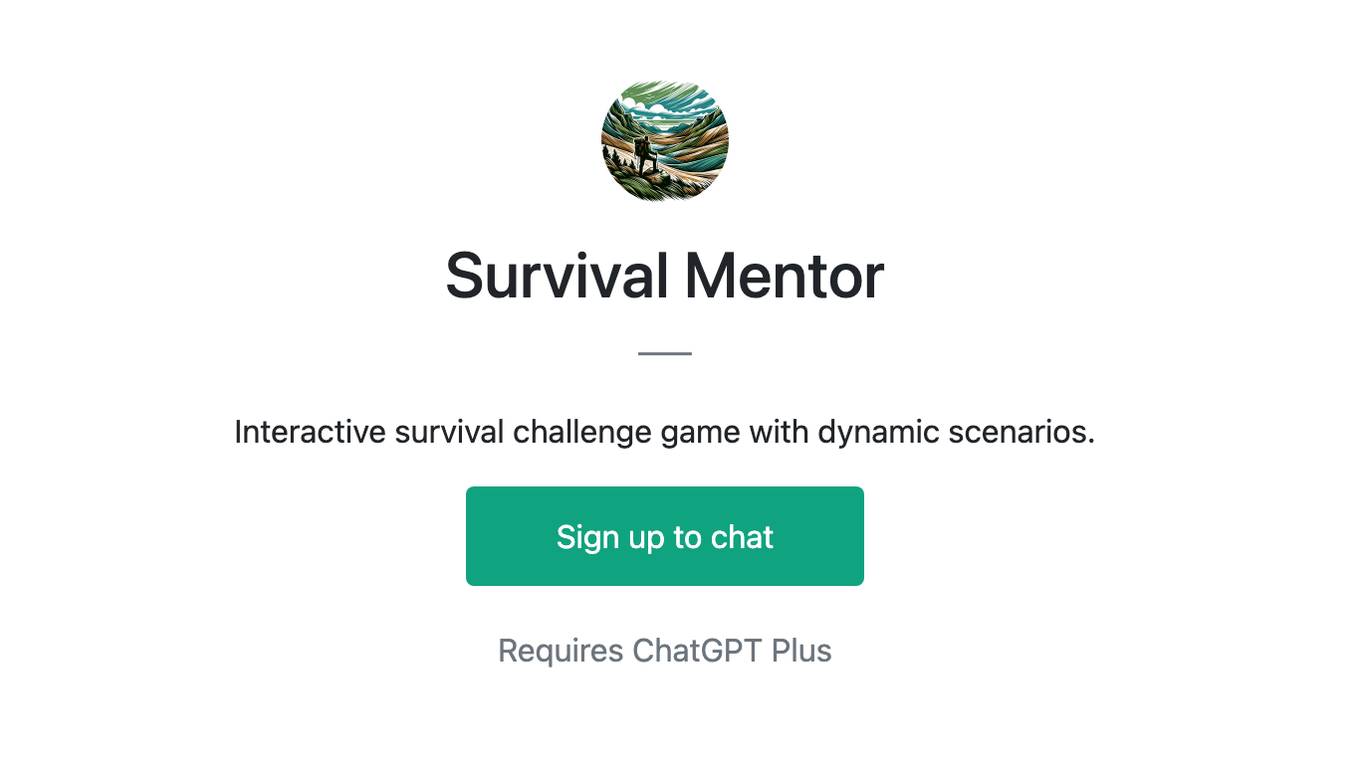Best AI tools for< Survive It >
2 - AI tool Sites

Kaswa AI
Kaswa AI is an official portal offering IT services, research consultancy, and AI-based business solutions. The platform provides tailored IT solutions for businesses, emphasizing efficiency, reliability, and exceptional support. With a focus on cutting-edge technologies, Kaswa AI aims to promote innovation and efficiency in operations, streamline procedures, and increase productivity. The platform offers services such as web portal and smart management solutions, powered AI business solutions, and AI-based process solutions. Kaswa AI also provides expert support, personalized methods to help firms survive in a changing market, and a range of specialist services to meet specific business needs effortlessly.

311 Institute
311 Institute is a leading provider of futures education, foresight, and keynotes. We help organizations and individuals understand and prepare for the future through our research, advisory services, and educational programs. Our team of experts provides insights on emerging technologies, global trends, and disruptive innovation. We believe that the future is not something to be feared, but rather an opportunity to be embraced. By understanding the forces that are shaping the future, we can make better decisions today and create a better tomorrow.
0 - Open Source AI Tools
4 - OpenAI Gpts

Dry Jenny, the Dry January Joker Provider
Gives you a Joker for Dry January, but only if you can convince her...

PastMaster
Can you survive and thrive in the past? Find out in this interactive adventure game

